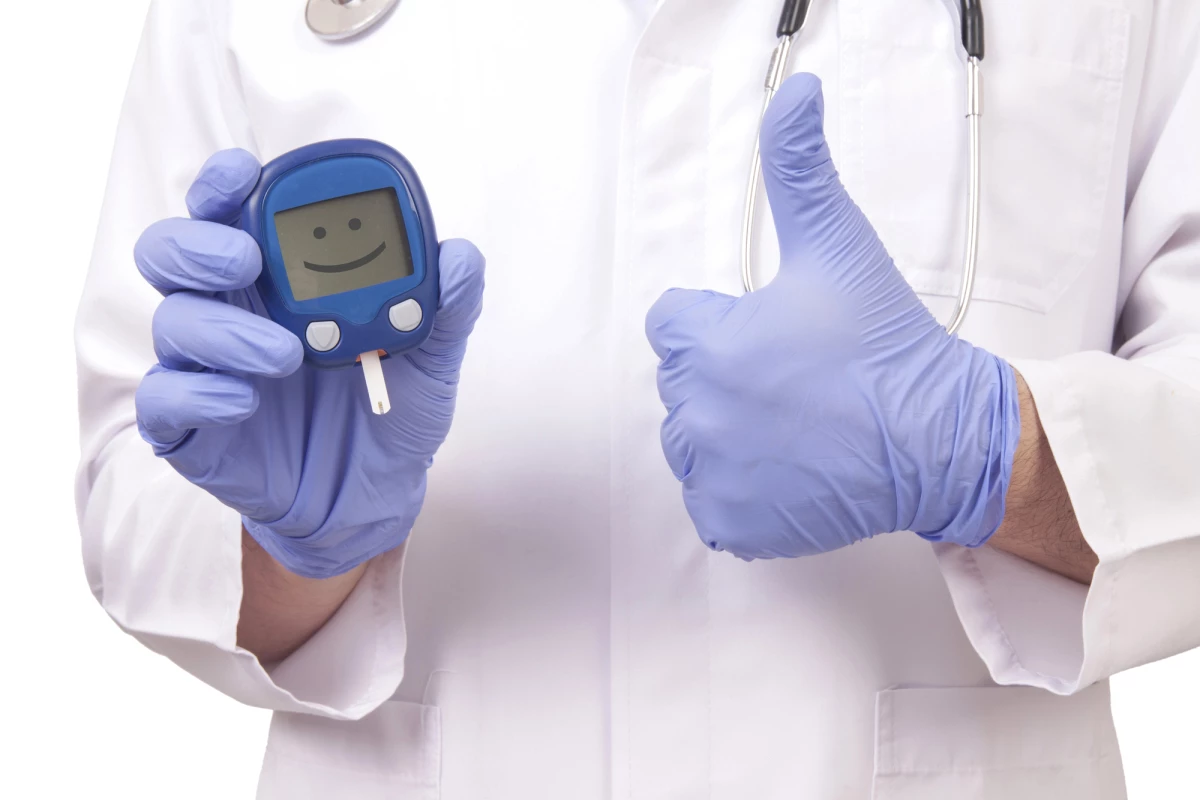Scientists have developed a promising new drug that could prevent and even reverse the onset of type 1 diabetes. The experimental monoclonal antibody drug acts like a shield to protect insulin-producing cells from damage, even extending lifespan in some cases.
Type 1 diabetes occurs when a patient’s immune system begins attacking the beta cells in their pancreas. These important cells produce insulin, and without them patients become unable to manage their blood glucose levels, resulting in a lifetime of managing injections and potential health complications.
But in a new study, scientists at Johns Hopkins Medicine have found a potential way to prevent the onset of the disease, or even reverse it in the early stages. Known as mAb43, the new drug is a monoclonal antibody, an experimental therapy that’s showing promise against a range of diseases.
Antibodies are proteins that bind to certain cells, usually foreign pathogens, to clear them from the body. Vaccines work by teaching a patient’s immune system to produce antibodies against a particular target. Monoclonal antibodies are engineered to fight a target, and delivered in bulk to a patient as a rapid response to an acute illness, such as an infection. These therapies have shown promise in recent studies against things like malaria, COVID-19, and even rheumatoid arthritis.
In this case, the antibodies are designed to hide cells from the immune system, rather than help it attack them. mAb43 binds to a small protein found on the surface of the beta cells, then acts like a “shield or cloak” to hide them from being attacked by immune cells. When taken on a regular basis, this treatment seems to protect beta cells, and by extension, a patient’s ability to produce insulin. Even if some damage has already occurred, the shield gives the beta cells a break and allows them to regenerate.
The researchers tested the treatment on 64 mice that had been bred to be predisposed to developing type 1 diabetes. At the age of 10 weeks, the mice were started on a regimen of weekly doses of mAb43 injections, and after 35 weeks, all were non-diabetic. Intriguingly, one mouse did develop the disease temporarily, after showing early signs before the beginning of the antibody treatment – but it too was non-diabetic by the 35-week mark, suggesting the treatment can reverse diabetes when caught in the early stages.
All mice given mAb43 were still alive by the end of the experiment period of 75 weeks, which is most of a mouse lifespan. That’s quite an increase over control mice, which were diabetes-prone but didn’t receive the drug, and only lived about 18 to 40 weeks.
On closer inspection, the team found that after the mice started receiving the antibody, immune cells retreated from the beta cells and inflammation in the area was reduced. The beta cells even began to slowly reproduce.
“mAb43 in combination with insulin therapy may have the potential to gradually reduce insulin use while beta cells regenerate, ultimately eliminating the need to use insulin supplementation for glycemic control,” said Devi Kasinathan, an author of the study.
Another recent monoclonal antibody therapy called teplizumab, which has shown promise in phase 3 clinical trials, works by targeting the immune cells and reducing the damage they cause to beta cells. It’s effective at slowing the progression of diabetes, but only for a few years. mAb43, however, seems to be able to do so for much longer, and potentially the entire duration of taking the drug. Because the antibodies are so selective for beta cells, the treatment appears to be safe for long-term use with few side effects, the team says.
At this stage, the study has only been conducted in mice using a mouse antibody, but the team plans to develop a human version next, before conducting clinical trials. One major hurdle still stands in the way though – monoclonal antibodies can be prohibitively expensive for widespread use. Hopefully more research could help bring that cost down.
The research was published in the journal Diabetes.
Source: Johns Hopkins Medicine




